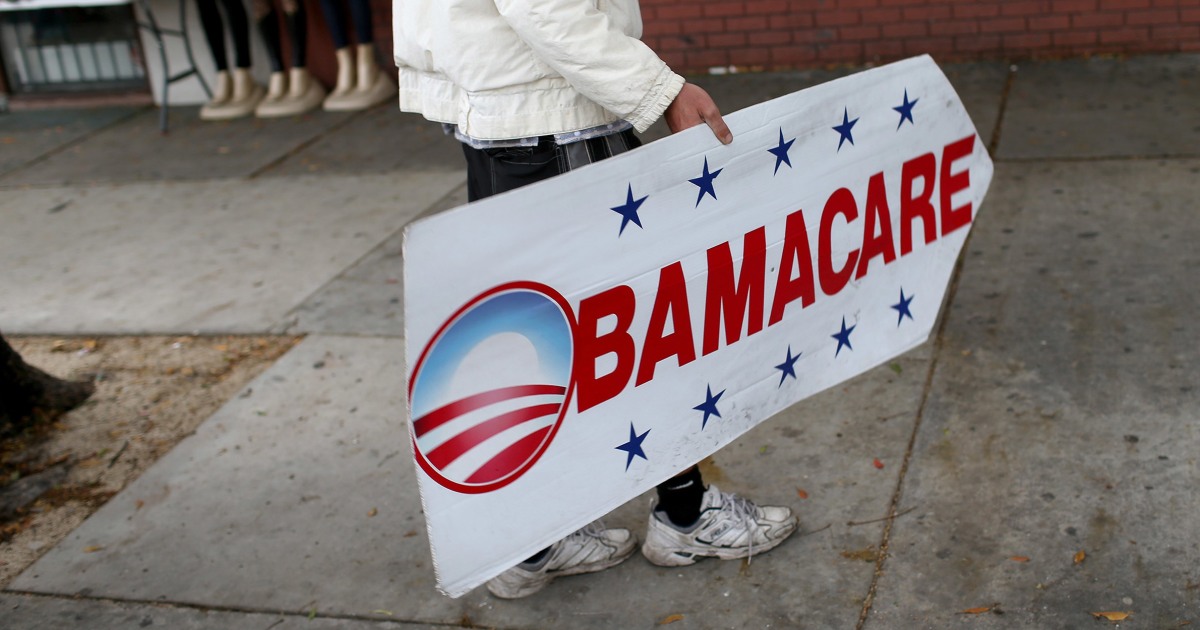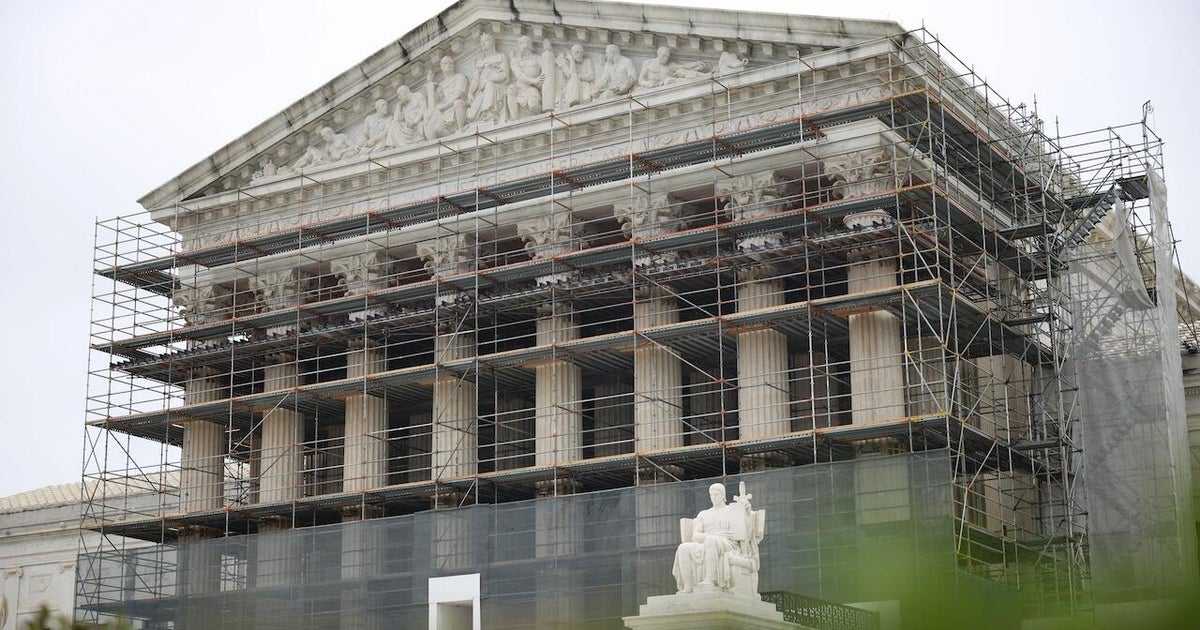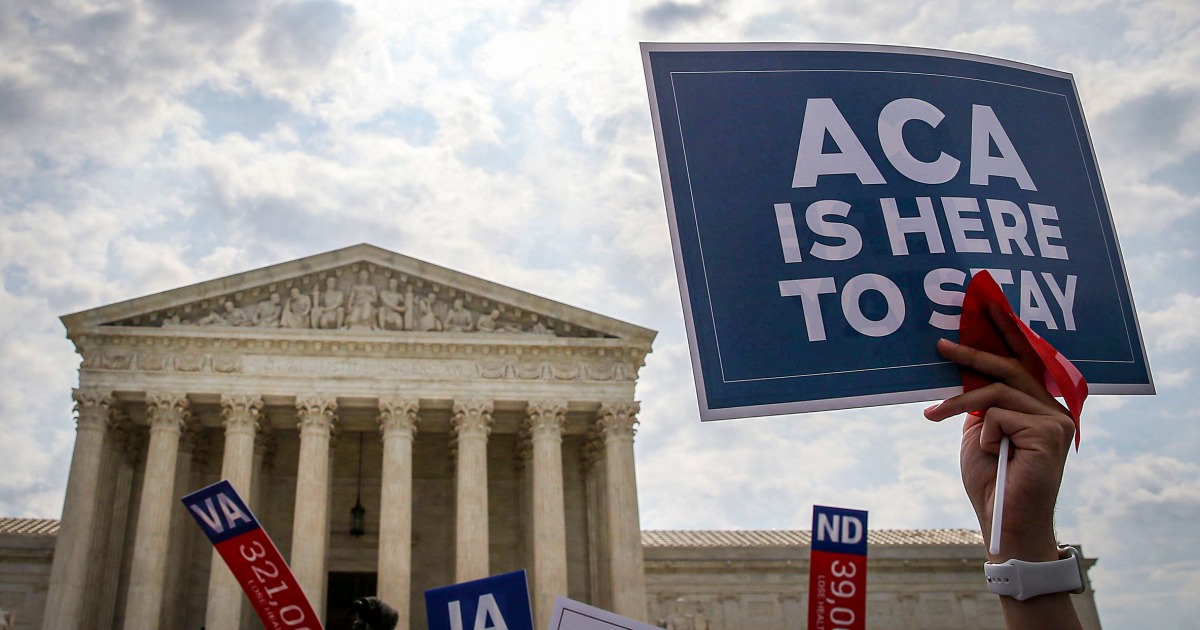Supreme Court Upholds Key Aspects of Obamacare's Preventive Care Coverage
In a 6-3 ruling, the Supreme Court upheld critical components of Obamacare, preserving preventive care coverage for approximately 150 million Americans.
Subscribe to unlock this story
We really don't like cutting you off, but you've reached your monthly limit. At just $5/month, subscriptions are how we keep this project going. Start your free 7-day trial today!
Get StartedHave an account? Sign in
Overview
- The Supreme Court ruled 6-3 to uphold key parts of Obamacare's preventive care coverage requirements, impacting around 150 million Americans.
- Justice Brett Kavanaugh authored the majority opinion, while Justice Clarence Thomas dissented, joined by Justices Alito and Gorsuch.
- The ruling affirms the authority of the U.S. Preventive Services Task Force to recommend no-cost preventive services under the Affordable Care Act.
- Christian-owned businesses challenged the federal health task force's recommendations, but the Supreme Court rejected their claims of unconstitutional power.
- This decision marks the Supreme Court's continued support for the Affordable Care Act, maintaining its provisions against conservative legal challenges.
Report issue

Read both sides in 5 minutes each day
Analysis
Center-leaning sources frame the Supreme Court's ruling on the Affordable Care Act as a significant preservation of health care coverage, emphasizing its impact on millions. They present a balanced view of the legal arguments, highlighting both the majority and dissenting opinions, while subtly supporting the ACA's preventive care provisions.
Articles (11)
Center (6)
FAQ
The ruling protects preventive services such as cancer screenings, heart disease medications, and HIV prevention drugs like PrEP, which must be covered by insurers without cost-sharing under the Affordable Care Act.
Christian-owned businesses challenged the law by claiming that the U.S. Preventive Services Task Force was unconstitutionally appointed and wielded too much power, arguing that its members should be appointed by the president and confirmed by the Senate as 'principal officers' under the Constitution's appointments clause.
The ruling upholds the Task Force’s authority but also affirms the Health and Human Services Secretary’s significant oversight role, including the ability to remove members and modify rulings, which may challenge the Task Force’s independence and credibility in making preventive care recommendations.
This ruling marks the fourth time in 13 years that the Supreme Court has rejected major challenges to the Affordable Care Act, continuing the Court's general pattern of upholding key provisions of the law against conservative legal challenges.
History
- This story does not have any previous versions.







